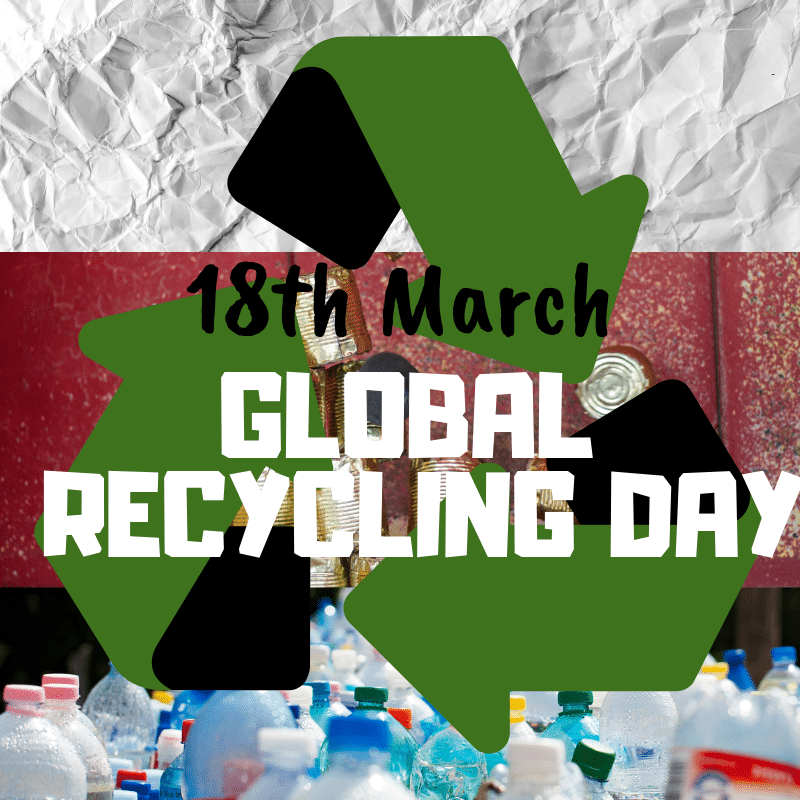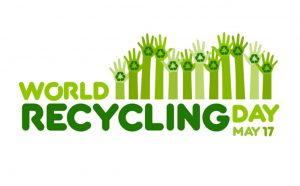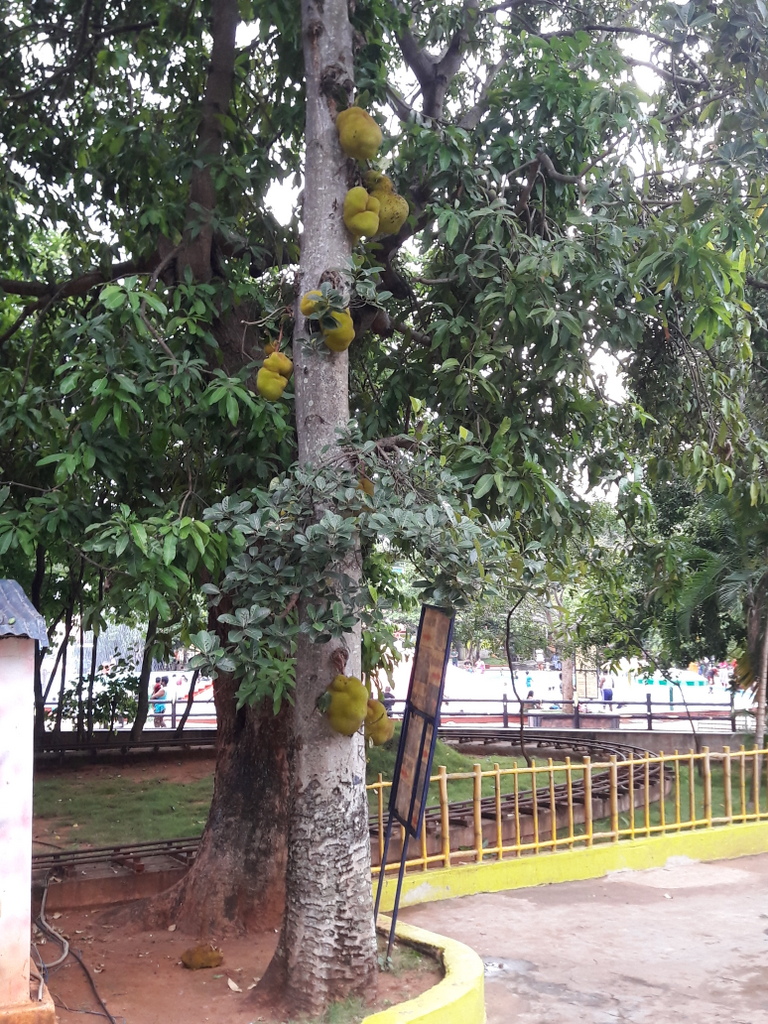Ways on how recycling can help the environment

Global Recycling Day is observed globally on 18th March every year. This day was first observed on March 18, 2018, by the Bureau of International Recycling (BIR). It is celebrated globally every year to raise awareness of the importance of recycling. It is a day for the world to come together and put the planet first. A way to support recycling in our daily life.
Global Recycling Day: a day dedicated to recognize and celebrate the importance of recycling. How recycling helps in preserving our natural resources and securing the future of our planet. Furthermore, The aim is to make society aware of the importance of treating waste, so it doesn’t contribute to climate change and thus protecting the environment.

What is Recycle
In the first place, Recycling is the process of converting waste materials into new materials and objects. In like manner, Recycling involves collecting, processing, and selling products made from old materials.
Why support Recycling
- Recycling helps protect the environment. All of which create air and water pollution.
- Recycling saves energy
- Reduces greenhouse gas emissions, which helps to tackle climate change.
- Conserves valuable natural resources
- It can save you money on waste disposal costs.
- Recycling helps to reduce pollution by cutting greenhouse gas emissions.
- As a result, Recycling reduces the need for extracting, refining, and processing raw materials.
When recycling started
It seems like, Recycling has been a common process throughout human history. No one person can be associated with its creation. Human recycling dates back to ancient times. However, the first recorded instance of paper recycling can be dated to 1031 in Japan, ancient cultures commonly reused everyday items long before this – mainly due to lack of resources and lengthy manufacturing processes.
Do read about the history of Recycling to get more info.
How to Recycle
There are three types of recycling, known as primary, secondary, and tertiary.
Primary recycling – To recover and reuse the recyclable material/product. It’s done without changing in any way and usually for the very same purpose.
Secondary recycling – Reuse of the material/product in some other way without reprocessing.
Tertiary recycling – refers to a process that involves the chemical altering of the material/product in order to make it reusable.
Likewise, Recycling is a great way to open your eyes to all that you toss and a chance to rethink your future purchases.
- Recycle all the basics you can – paper, plastic, metal, and glass.
- Food wastes recycle into composted soil or as food for a local farm.
- All fabric – even stained or ripped clothing.
- Recycle all electronics.

Ask yourself these questions
- Do we ensure that we really have used a product for as long as possible before we bin it?
- When we have finished with our food, toiletries, boxes, wrapping, do we ensure dispose of it all in the correct way?
Take a pledge to support recycling
Every year, the earth yields billions of tons of natural resources to transform into consumables. At some point, there will be nothing left. That’s why we must, as a planet, think again about what we throw away seeing not waste, but an opportunity.
Most noteworthy, The need of the hour is to identify and know about packaging and products in order to find solutions for recycling. How to recycle and be aware of its importance and make it a habit.
The theme of Global Recycling Day 2020 was #RecyclingHeroes. Recognizing recycling as an essential industry is a theme for this year’s Global Recycling Day. To recognize the people, places, and activities that showcase, what an important role recycling plays in contributing to an environmentally stable planet and a greener future that will benefit all.
As a result, let’s take a pledge to support recycling and Save our planet.
This post is part of my Earth series on Conscious living with sustainable practices. This post is part of Blogchatter’s CauseAChatter‘ – Environmental Talks series.









The earlier generation used resources sparsely for lack of availability but that in turn helped the environment. Simple ways to recycle things can easily be adopted by us and we should encourage each other.
Thanks for visitng Neha, true that said earlier sustainable living was a norm now we need to work on it.
But with small baby steps at our level can be beginning too.